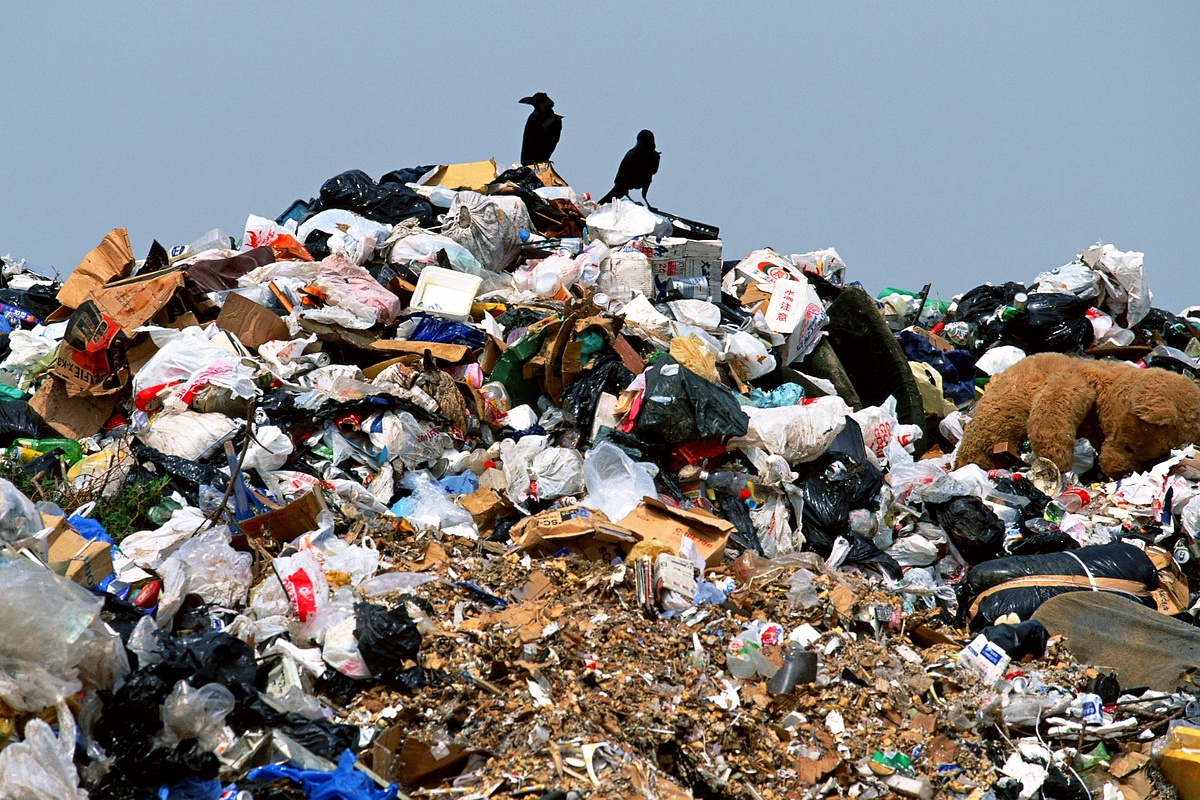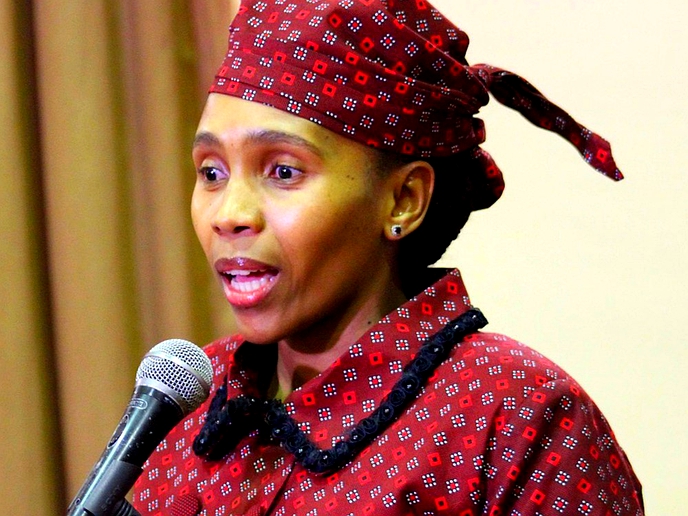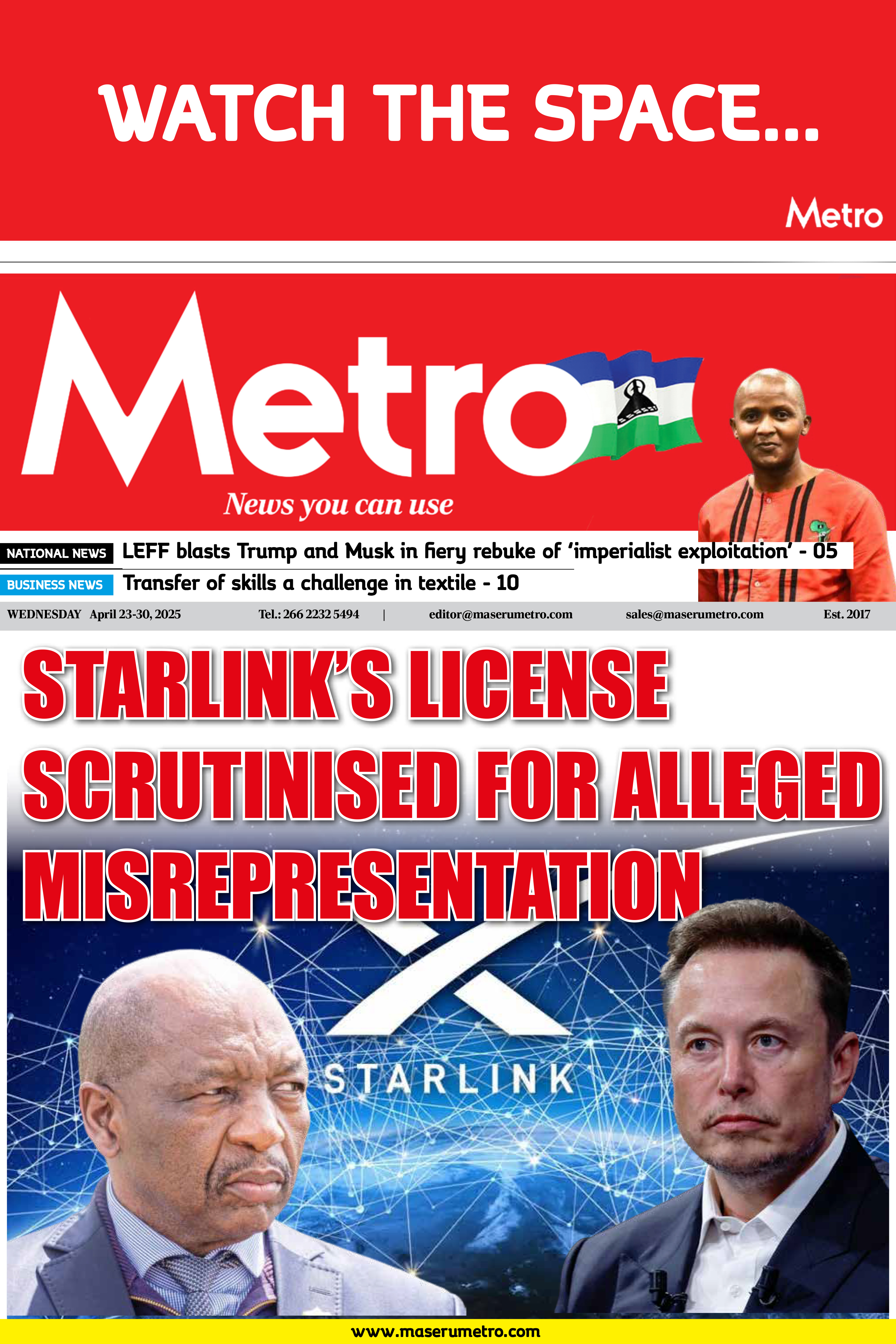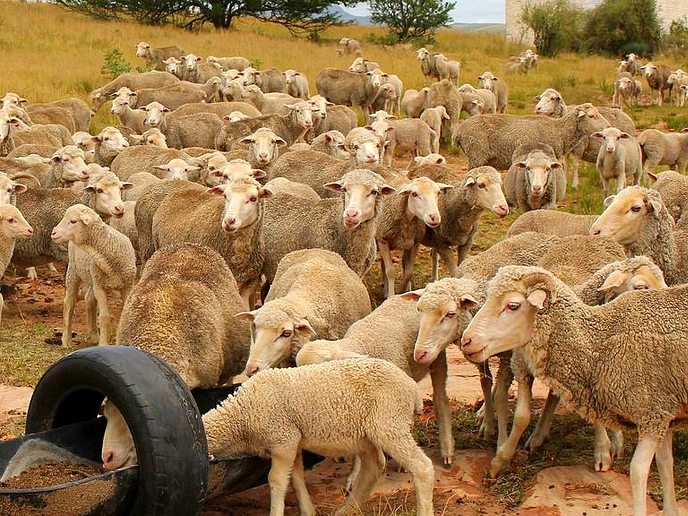MASERU – The United Nations International Children’s Emergency Fund (UNICEF) together with Maseru City Council (MCC) joined hands to sensitize people on the dangers posed by solid waste as well as an unclean environment in general. The Lesotho Country Director of UNICEF, Nadi Albino, said people need to understand the significance of a clean city; hence, the need to sensitise them. She said an increase in population over the years is among the factors that have led to poor waste management.
health
July 4, 2018
ITUMELENG KOLEILE
3 min read
UNICEF, MCC collaborate to reduce solid waste

Solid waste
Moreover, she indicated that, as UNICEF, their main focus is on children thus they felt the need to be part of the initiative. “Children need to live in a clean environment. By so doing; we are helping to take care of the future generation. It is not a hidden fact that in the future we will be expecting them to take care of us. How do they do that if we failed dismally when we had to take care of them?” she said. She indicted that under-developed landfills result in poor waste management. In addition, she highlighted that the biggest challenge is littering, and that it is every citizen’s responsibility to change their mindset and behaviour to yield better results for a cleaner town.
Enjoy our daily newsletter from today
Access exclusive newsletters, along with previews of new media releases.
Among other resolution plans, she suggested the reuse, recycle and recovery method. Additionally, she mentioned the combustion incineration method, which the municipal solid waste is burns refuse at a designed furnace as a way to minimise waste. “We also have to make children aware and understand the value of a clean environment,” she added. Furthermore she talked of the fine people should pay in a case where one is found to be contributing to littering and an improper conduct when it comes to waste reduction. Ubong Ekanem from UNICEF also indicated that there is a need to eliminate open defecation as it is also problematic.
“Households need to pay for the waste they are generating and that is one way of considering waste as a lucrative resource,” he said. He said the fact that Lesotho is one of the poor countries does not mean people have to hide under poverty and practice indecent waste practices. According to the Minister of Local Government and Chieftainship Affairs, Mr Habofanoe Lehana, MCC has to evoke relevant regulations as a plan for waste management strategy.
“Basic rules of engagement need to be implemented in order to keep cleanliness and good hygiene,” he said. On the issue of open defecation, things like “latrines with houses or before houses” should be a made priority. He also revealed that MCC is proposing to name and shame people who violate health regulations. He said old practices, such as creating dumpsites should be discarded. He took the opportunity to call onto the private sector to partner with the MCC in cleanliness projects and sensitising people on the significance of changing their attitudes with regard to alleviating improper waste management to reduce waste related health hazards.
According to the Minister, there is need to revisit the legislation and have the MCC encouraged to enforce and propose regulations meant for better management. “The Ministry of Local Government and Chieftainship Affairs encourages a cleaner, healthier and safer city,” he said. The Mayor of MCC, Mpho Moloi said there was a need to come up with strategies to revitalise the city hence joining forces with the UNICEF. She indicated the disturbance brought about by the nerve of travelling with garbage and disposing it off in other places. Among other issues, the MCC revealed that it is working towards the revitalisation of the capital city, Maseru. According to the MCC, the mushrooming of street vending activities around the city is problematic and, as a result, the plan is to develop the Maseru Grand Market and demolish the existing one.






